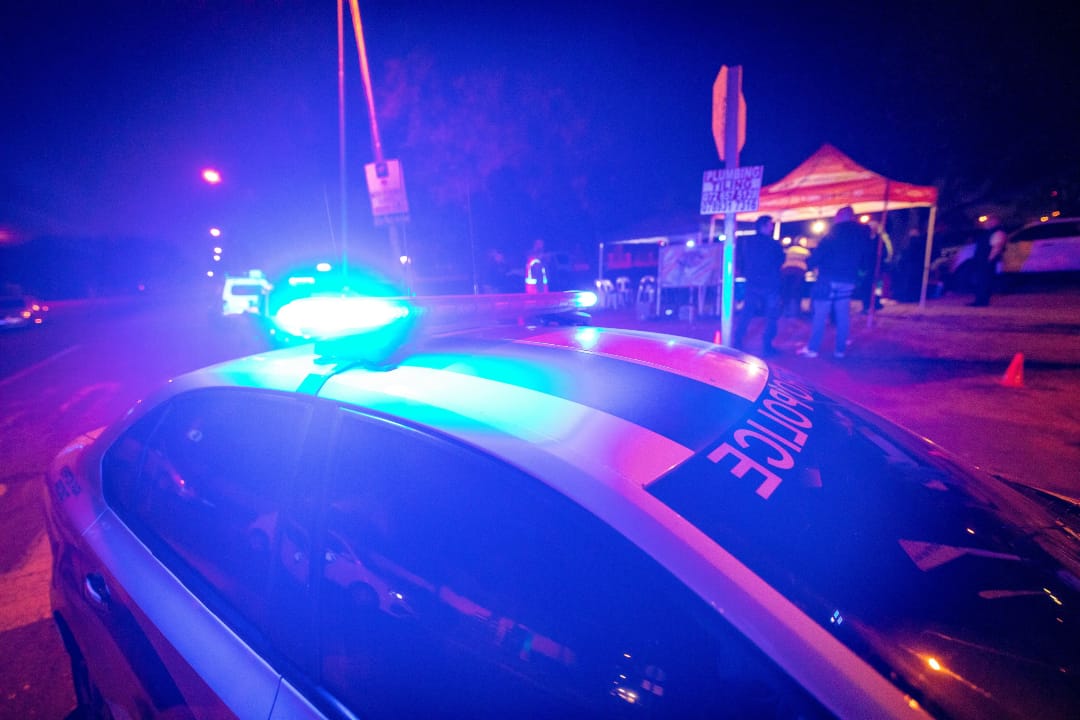South Africa suffers from two epidemics: COVID-19 and crime
The civil rights organisation AfriForum is saddened by the crime statistics released by Bheki Cele, Minister of Police. Shock and surprise no longer come into play, as violent crime has since become the standard, not the exception. Small increases or decreases no longer affect the bigger picture. Year after year, South Africans are confronted with crime statistics that no longer represent a problem, but a second pandemic that faces South Africans: a crime epidemic. The unfortunate news is that – while a vaccine is already being developed to combat COVID-19 – cadre deployment, political interference and lack of necessary skills and knowledge in critical top positions within the SAPS will guarantee that the crime epidemic will be with us for much, much longer.
Whilst knowledgeable, motivated and committed police officials still keep the wheels turning – as was recently evident in the SAPS’s prompt response to the Hartswater farm murders – corruption, misconduct and even criminal behaviour within the SAPS tarnished its reputation. These probably led to the unfortunate rumours surrounding the police’s late response to the Hartswater murders – which, to AfriForum’s relief, were later refuted.
Although AfriForum welcomes Gen. Khehla Sitole’s announcement that specialist units will be employed to combat farm attacks and murders, only time and statistics will tell whether the move had a positive effect. “Farm attacks are a real crisis that have already affected the lives of thousands of people. It is therefore important that the solution is more than theory, but also practical,” says Ernst Roets, AfriForum’s Head of Policy and Action.
The influence of the COVID-19 pandemic should not be forgotten when the next annual statistics are released.
“Gen. Sitole has been the National Police Commissioner since November 2017, while Cele has been the Minister of Police since February 2018. Although a lot of discussions has since then taken place – especially around social issues like gender-based violence – there are no tangible change or attempts that the SAPS is truly really addressing farm attacks and murders. How do we expect the Minister of Police or the Police Commissioner to successfully implement task teams for crimes like farm attacks – which we believe should be countered with specific strategies – when they seem unable to decide on or implement even a general and coherent policing strategy?” asks Guido Urlings, Information Manager for Community Safety at AfriForum.
When queried during a recent interview about the use of modern technology such as body cameras, Cele decided to focus on the negatives and highlighted possible human rights infringements, rather than to focus on the positive affects that these devises will have on the South African policing environment. Rather than embracing available technology and incorporating it into a modern age policing strategy for South Africa, the SAPS still struggles with the basics: Dockets are still handwritten; IT infrastructure is archaic or rented from third parties; the vehicle fleet is poorly managed; and the logistics are so poorly managed that even essential items such as ammunition often run out of stock.









